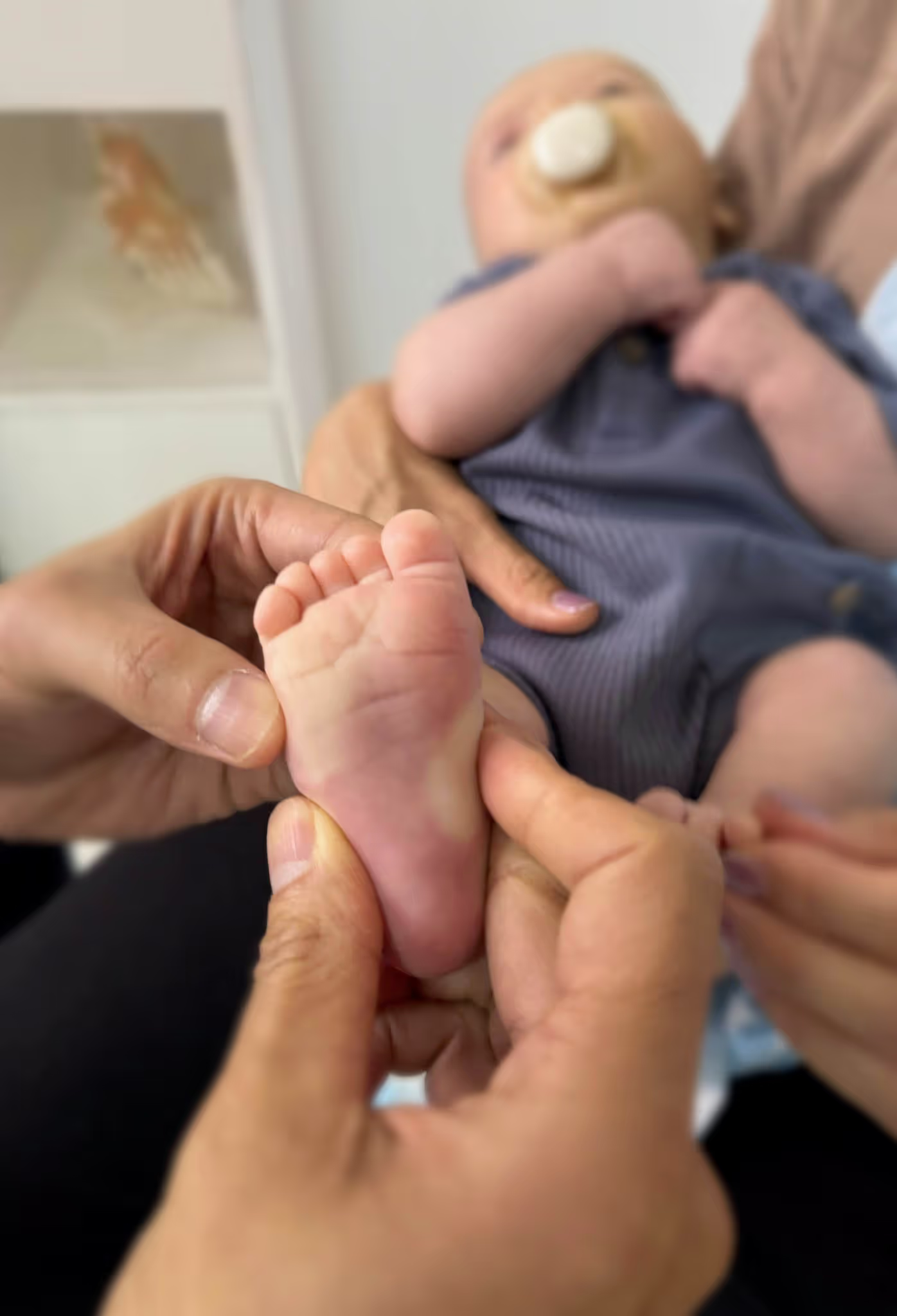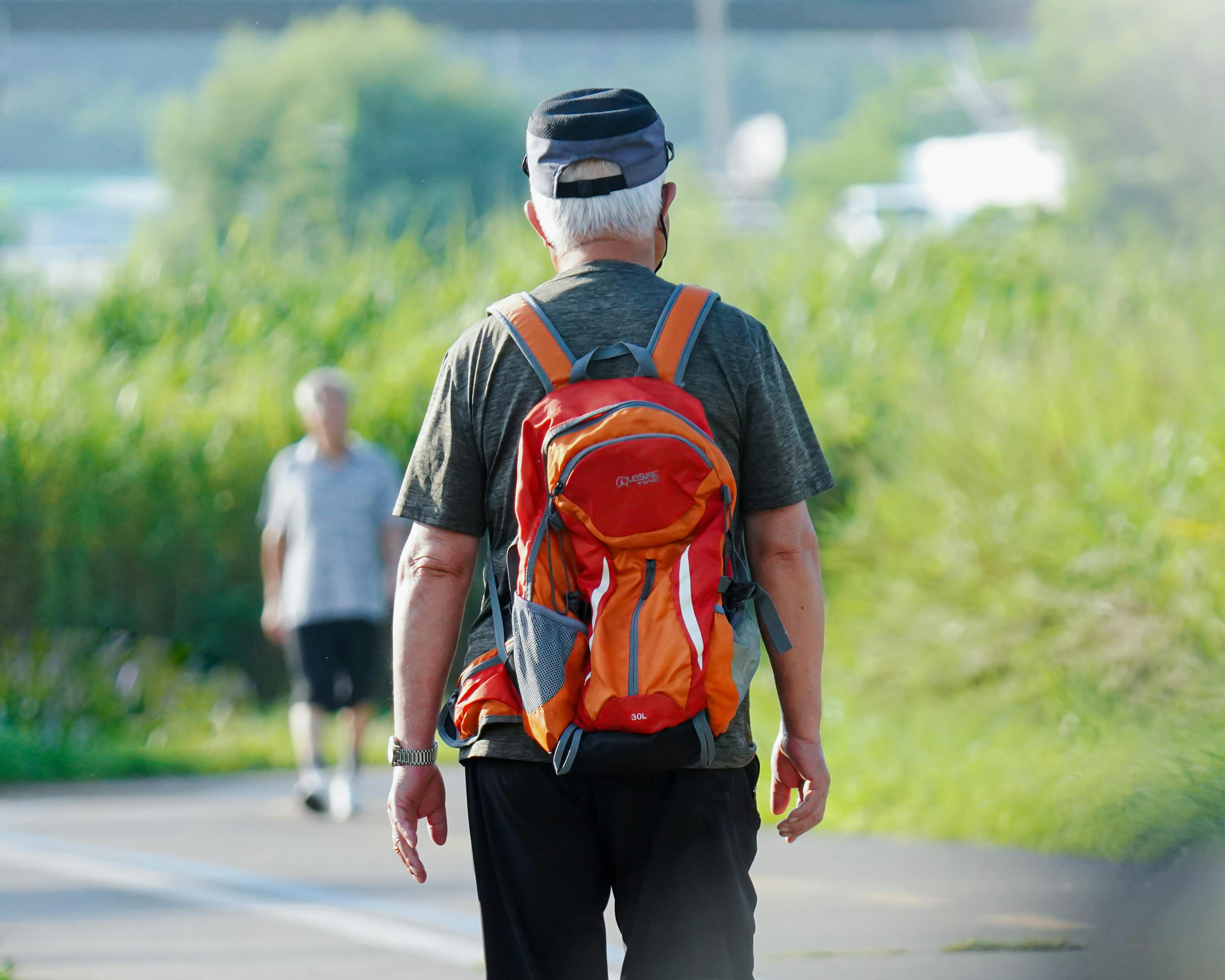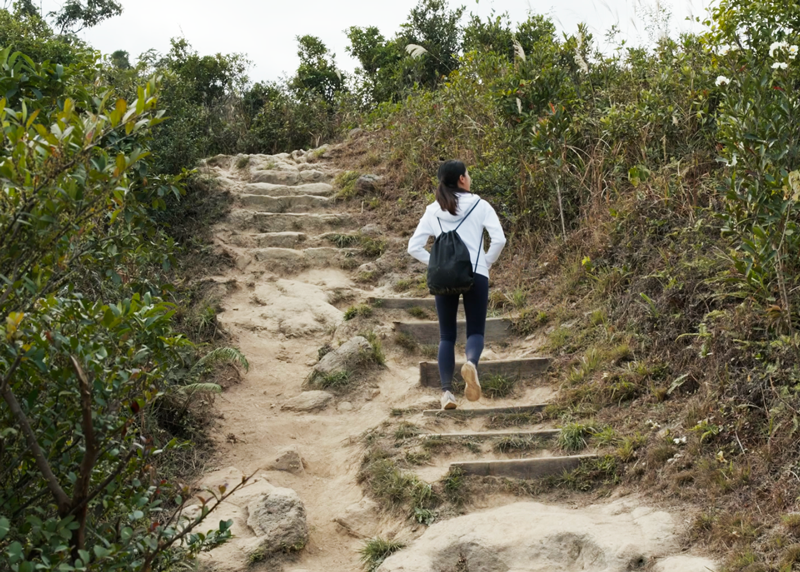Hong Kong's Leading Integrated Health Clinic
We offer non-invasive, rehabilitative care that supports your body's natural recovery

Functional Recovery, Not Just Symptom Management
Guided by Philosophy, Grounded in Collaboration.
Our osteopathic approach helps us understand the body’s interconnected systems. This insight guides us in choosing the most effective path to recovery, which may include working with trusted health professionals within our care network.
Osteopathy offers more than manual therapy—it’s a way of seeing the human body as a dynamic, self-regulating system. By applying this lens, we assess not just symptoms, but underlying functional imbalances. Sometimes, the best course of action involves collaboration with physiotherapists, nutritionists, or other health professionals. Our integrated model ensures that every treatment plan is tailored, holistic, and designed to support long-term recovery.
Years Of Trusted Care
Patient Satisfaction Rate
Patients Treated
Our Services
Common Conditions We See
From everyday aches to chronic concerns, our integrated approach supports patients and their families across a wide range of health issues.
Back Pain
Collaborative musculoskeletal approach to relieve tension, restore mobility, and improve spinal function
Headaches & Neck Pain
Targeted therapy to release muscular strain and address postural imbalances
Postural Issues
Assessment and correction strategies to support alignment and reduce daily strain in the workplace, and from device use
Paediatric Concerns
Advanced osteopathic care tailored to support development and comfort in children
Sciatica & Nerve Pain
Techniques to reduce nerve irritation, improve movement, and ease discomfort
How Our Patients
Rate Us
What Our Happy
Clients Are Saying
.webp)
.webp)
.webp)
.webp)
.webp)
"I cannot recommend the team at City Osteopathy enough. Whether it’s been a snowboarding related injury or the more humbling desk related drudgery, their intuitive diagnostic approach has been there to help me heal."
Martin McKenna
.webp)
.webp)
.webp)
.webp)
.webp)
"We have been bringing our Little One to City Osteopathy for regular checkups, and what we would consider 'Emergencies'. .... there is a great deal of attention brought to the patient.
We highly recommend this Clinic and Ben, easy access and always a good experience."
Ken-Eduoard Ton
.webp)
.webp)
.webp)
.webp)
.webp)
"City Osteopathy has been essential in our entire family’s health journey and helped heal and maintain a pain free life. Dr Ben is one of the only doctors that not only treat, but prevent our chronic back pain.
Jackie H
.webp)
.webp)
.webp)
.webp)
.webp)
"The clinic is well run and conveniently located. I wouldn’t recommend anywhere else to our family and friends."
Alex Chan
.webp)
.webp)
.webp)
.webp)
.webp)
"I have A very chronic issue, but I have experienced great and steady progress with Ben’s effective treatments, and another therapist who offer excellent therapy while he is away. City Osteopath deserves a 100% trust in recommending to anyone.
Agnes C
.webp)
.webp)
.webp)
.webp)
.webp)
"Michael is an excellent osteopath; very experienced, professional and friendly. He understood all of my concerns and treated them thoroughly. I would highly recommend Michael and City Osteopathy.
Catherline T
.webp)
.webp)
.webp)
.webp)
.webp)
"I have been seeing Kari for massages for many years. I cannot recommend her highly enough. She will get to the bottom of your tensions, ease and relax your pain and your muscles. Your nervous system will feel much more balanced after you have seen her."
Anita Klaus
.webp)
.webp)
.webp)
.webp)
.webp)
"Well deserved 5 stars. Have seen chiropractors and physios for the last 10+ years. Ben and Kari are experts and have been what has moved needle the most in improving my health. I entrust my whole family to them and even have visiting family come and see the team and get treatments."
Mark B











